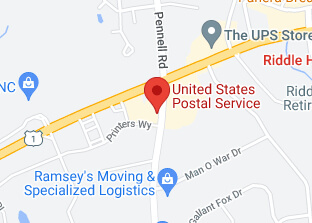What is sleep apnea?
Sleep apnea is a common sleep disorder. While asleep, people’s breathing will repeatedly start and stop as a result of this condition. Depending on the form of sleep apnea people suffer from, the breathing disturbances may be the result of the throat muscles relaxing, the brain failing to send the correct signals to the muscles in control of breathing or due to both. Those who suffer from sleep apnea may experience numerous symptoms, including the following:
- Waking abruptly with shortness of breath
- Irritability
- Insomnia or hypersomnia
- Waking up with a sore throat or dry mouth
- Loud snoring
- Attention issues
The FMCSA points out these and other effects of sleep apnea may impair people’s performance and alertness during the daytime. Further, untreated sleep apnea may slow drivers’ reactions to hazards, changes in the traffic conditions or other emergency situations that may arise while on the road. Consequently, they may not be able to avoid some potentially serious auto collisions.
Regulators withdraw sleep apnea testing plan
Upon consideration of numerous factors, the FMCSA and FRA recently withdrew their proposal to require sleep apnea testing for commercial vehicle and rail operators. In addition to accepting and reviewing comments from the public, interested groups and stakeholders, their deliberations included looking at the size of the problem, the costs and benefits of any associated regulatory actions, treatment effectiveness, and the restrictions and qualifications for medical professionals. The agencies determined the safety programs currently in place, which includes encouraging participation in the voluntary North American Fatigue Management Program, are appropriately addressing the issue.
Seeking legal guidance
Due to the size differences between tractor-trailers and passenger vehicles, the effects of trucking accidents in New York may be devastating for those involved. People may suffer serious injuries that, in addition to requiring extensive time off work to recover, may necessitate significant medical treatment. For some, this leads to lost wages, undue medical bills and other such losses. Depending on the circumstances, however, the trucking company or trucker may be held liable. Therefore, those who have suffered injuries in such wrecks may benefit from discussing their rights and options with a legal representative.





